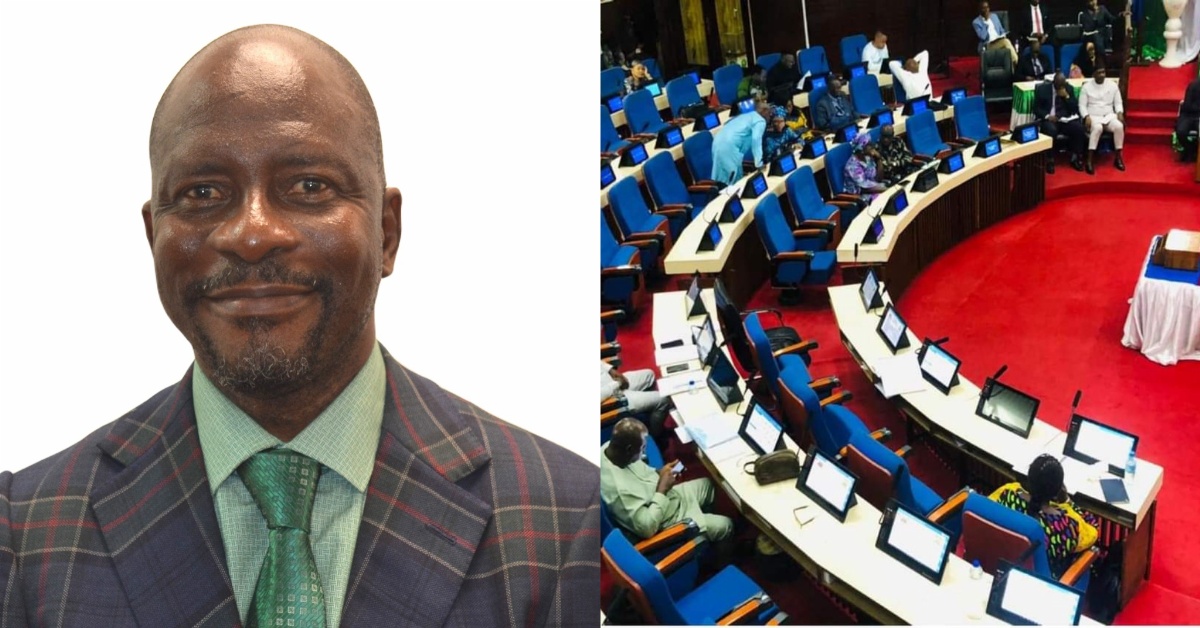The Sierra Leone Parliament is embroiled in heated debates over the newly introduced Child Rights Act Bill, with lawmakers voicing concerns about its potential impact on traditional practices.
The bill, presented by the Minister of Social Welfare, aims to repeal and replace the 2007 Child Rights Act, aligning with international child protection standards.
However, its provisions related to traditional societies have sparked widespread controversy.
Chief Whip of the Sierra Leone People’s Party (SLPP), Hon. Dickson Rogers, warned fellow MPs that the bill could be politically damaging in the 2028 elections, calling it a “death trap” due to its perceived ban on traditional male and female societies, including secret cultural practices.
“The bill was brought to Parliament without proper consultation with MPs, which is both an insult and a disservice to Parliament,” Hon. Rogers lamented, expressing the concerns of local chiefs and traditional leaders who fear the erosion of cultural practices.
The opposition also raised alarms. Deputy Opposition Leader Hon. Daniel Koroma echoed concerns, stating, “Posterity will judge us if we fail to protect our traditions.”
He acknowledged the bill’s focus on child rights but insisted that traditional practices, including Female Genital Mutilation (FGM), should not be criminalized without public consent. “We are not here to ban FGM, but we will ensure the bill is child-friendly,” Koroma said, urging the government to address FGM separately.
The bill’s reception has been mixed among female parliamentarians. Hon. Dr. Veronien Kalic Sesay, President of the West Africa Parliamentary Women’s Caucus, expressed disappointment at the lack of consultation with MPs.
“We were not involved in drafting the bill, unlike the Prohibition of Child Marriage Bill, where we worked closely with the First Lady,” she stated. Hon. Sesay urged for broader stakeholder engagement to avoid jeopardizing cultural values.
Despite the uproar, Hon. Bashiru Silikie, Deputy Leader of Government Business, clarified that the bill does not propose an outright ban on traditional societies but aims to protect minors from harmful practices.
He stressed that FGM is already prohibited for individuals under 18, and the bill would only reinforce those protections without banning any cultural practices outright.
“We will scrutinize the bill carefully to ensure it reflects the best interests of the child while respecting cultural norms,” he assured.
The bill, which seeks to align Sierra Leone’s child protection laws with international conventions, has now been referred to the legislative committee for further review.
Its future hinges on whether Parliament can strike a balance between safeguarding children’s rights and preserving traditional practices.












This is ridiculous. Hon. Dickson Rogers could be another devil’s incarnate in the House of Parliament. This guy is not serious, taking political aspirations over the safety and security of our children. Whatever